With a new free trade agreement in place with the UK, farmers in Australia are ramping up output of both beef and lamb.
The latest figures published by marketing body Meat and Lamb Australia (MLA), suggest their sheep flock will soon hit its highest level since 2007 at 78.75m head, of which 46.14m will be breeding ewes.
When combined with improved genetics and higher carcase weights, MLA expect 2023 will be a record year for lamb production and export volumes, cementing Australia’s position as the number one exporter of the world’s sheepmeat. The main market destinations include China and the USA.
In beef, the Australian herd continues to grow, and is now at its highest level in 10 years, at 28.7m head of cattle. MLA expects beef production to “strongly increase this year”, with total slaughterings of 6.95m head, up from 5.88m in 2022. By 2025, annual cattle slaughterings are projected to hit 8.35m, which would represent a 43% increase on the 2022 total.
The US is currently Australia’s largest beef export market.
Surge
Cattle and sheep numbers in Australia were hit hard by drought between 2018 and 2020. However, the surge in numbers since then is in contrast with the pressure coming on local farmers to reduce cattle and sheep to meet climate change targets.
Added to that is the free trade agreement between Australia and the UK, which came into force at midnight on 31 May 2023. It allows Australia to export 20,616t of beef to the UK this year without having to pay any tariffs, rising to 110,000t annually by 2033.
UK red meat prices
A similar arrangement for sheepmeat sees Australia given increasing access, hitting 75,000t annually by 2023.
In the first month of the new agreement Australian exports to the UK are already up sharply, although from a low base. Lamb exports rose 102% to 687t, mutton was up 679% at 488t and beef exports rose 264% to 273t.
Looking ahead, there is concern within the local meat trade about the potential for Australian exporters to drive down UK red meat prices. However, there is also some scepticism around how easy it will be for Australians to service the UK market with beef, given that nearly half their finished cattle are treated with hormones.
Read more
Global beef trade in 2023
UK ‘gave away’ too much to Australia, says Eustice
With a new free trade agreement in place with the UK, farmers in Australia are ramping up output of both beef and lamb.
The latest figures published by marketing body Meat and Lamb Australia (MLA), suggest their sheep flock will soon hit its highest level since 2007 at 78.75m head, of which 46.14m will be breeding ewes.
When combined with improved genetics and higher carcase weights, MLA expect 2023 will be a record year for lamb production and export volumes, cementing Australia’s position as the number one exporter of the world’s sheepmeat. The main market destinations include China and the USA.
In beef, the Australian herd continues to grow, and is now at its highest level in 10 years, at 28.7m head of cattle. MLA expects beef production to “strongly increase this year”, with total slaughterings of 6.95m head, up from 5.88m in 2022. By 2025, annual cattle slaughterings are projected to hit 8.35m, which would represent a 43% increase on the 2022 total.
The US is currently Australia’s largest beef export market.
Surge
Cattle and sheep numbers in Australia were hit hard by drought between 2018 and 2020. However, the surge in numbers since then is in contrast with the pressure coming on local farmers to reduce cattle and sheep to meet climate change targets.
Added to that is the free trade agreement between Australia and the UK, which came into force at midnight on 31 May 2023. It allows Australia to export 20,616t of beef to the UK this year without having to pay any tariffs, rising to 110,000t annually by 2033.
UK red meat prices
A similar arrangement for sheepmeat sees Australia given increasing access, hitting 75,000t annually by 2023.
In the first month of the new agreement Australian exports to the UK are already up sharply, although from a low base. Lamb exports rose 102% to 687t, mutton was up 679% at 488t and beef exports rose 264% to 273t.
Looking ahead, there is concern within the local meat trade about the potential for Australian exporters to drive down UK red meat prices. However, there is also some scepticism around how easy it will be for Australians to service the UK market with beef, given that nearly half their finished cattle are treated with hormones.
Read more
Global beef trade in 2023
UK ‘gave away’ too much to Australia, says Eustice




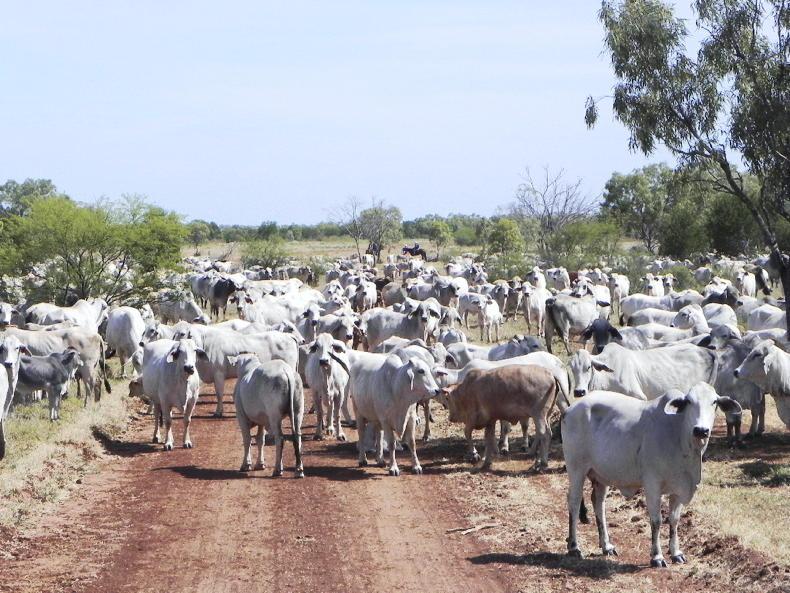
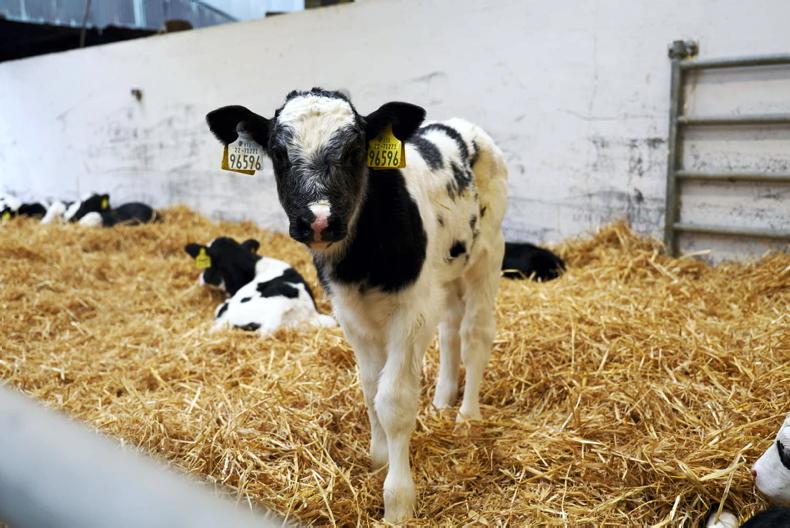
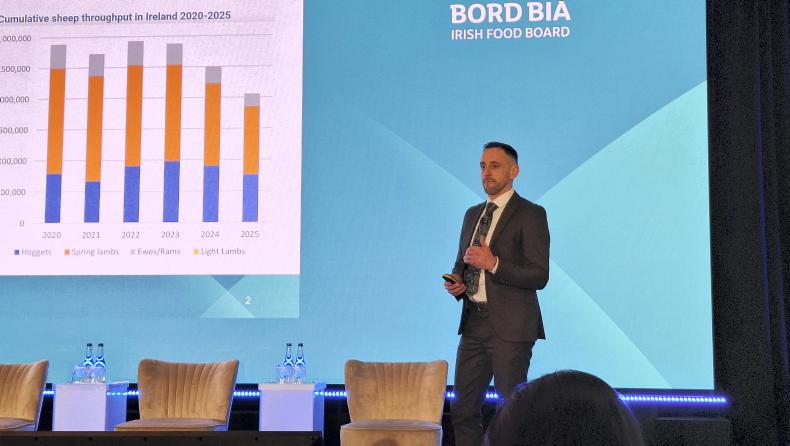
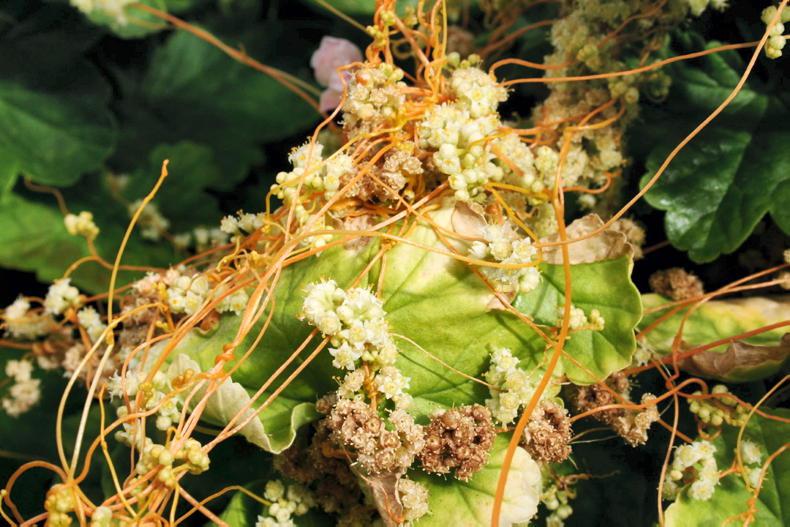
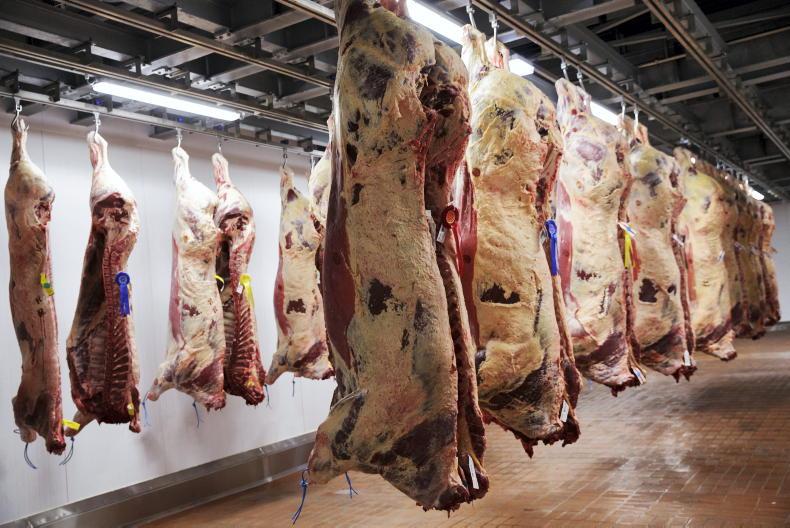
SHARING OPTIONS